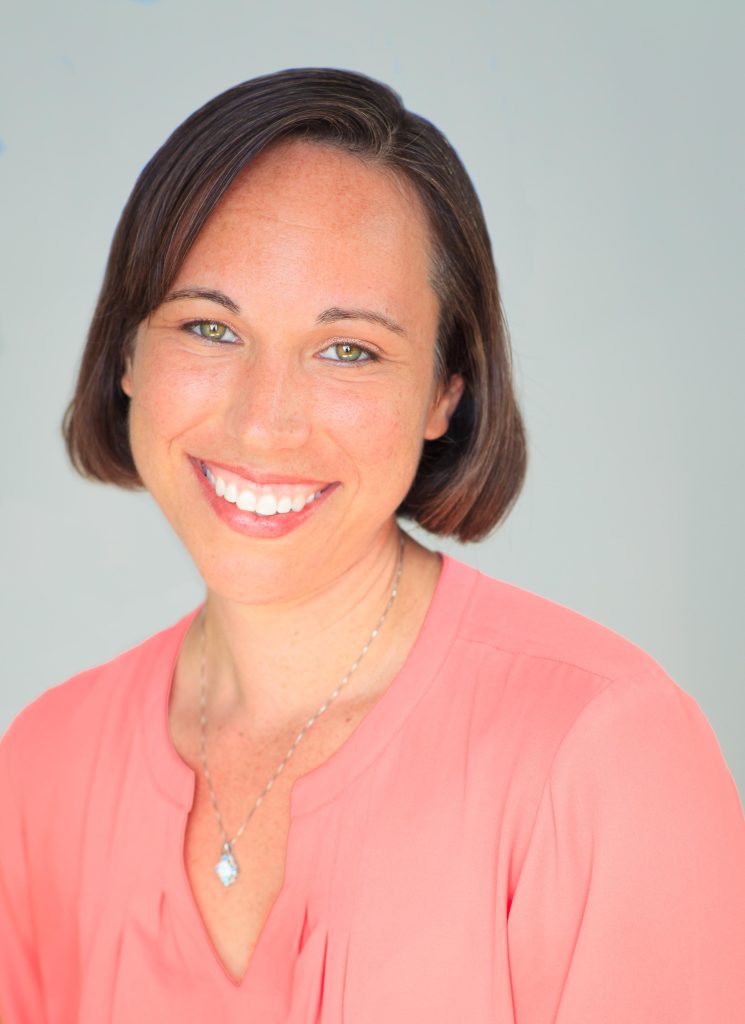Loneliness among seniors isn’t just an emotional challenge — it’s a growing public health concern. In the U.K., government reports show more than a million older people often go weeks without meaningful interaction. In London, the combination of fast-paced city life and changing family structures means many older residents are at risk of isolation.
Across the Atlantic, one programme is tackling the issue head-on through music, movement, and connection — and its founder believes the approach could work just as well here.
Aysha Tenouri, founder of InstruMix, has spent close to two decades helping people find joy, movement, and connection in ways they didn’t expect. Her classes mix rhythm, light exercise, and group participation, creating moments of genuine connection for seniors in care settings, community centres, and wellness programmes.
Tenouri’s inspiration came from a conversation with her mother, a former activities director, who knew first-hand how the right activities could lift a room. She suggested combining music, gentle movement, and percussion instruments in a way that would be fun and accessible for everyone.
The results were striking. Participants who had been quiet and disengaged began laughing, moving, and interacting with each other. The shift in energy was impossible to miss. Encouraged by the transformation, Tenouri refined her approach and began introducing the sessions to local communities. From there, she developed a training programme that would take InstruMix far beyond her own sessions, reaching senior centres and wellness initiatives across multiple states.
For Tenouri, it’s not just about exercise — it’s about creating a space where people feel seen and part of something bigger. “The beat of the music draws them in, but the smiles and shared laughter keep them coming back,” she says on the InstruMix website.
Experts in the U.K. have been calling for more innovative approaches to senior wellness, especially those that blend physical activity with social connection. While London has seen success with coffee mornings, walking groups, and arts programmes, integrating structured, music-led sessions could add a new dimension.
The model is simple: certified facilitators lead participants through easy-to-follow routines using scarves, maracas, or other props to encourage movement and interaction. The focus is on participation, not performance. In the U.S., these sessions are now found in both urban and rural communities, proving adaptable to different cultural and social settings.
Given London’s diverse population, Tenouri sees an opportunity for local adaptation. “Music is universal,” she says. “It crosses language and cultural barriers, and it connects people in a way that words alone can’t.”
Community leaders agree that programmes with proven success elsewhere deserve a closer look. As the city searches for ways to support its ageing residents, InstruMix’s blend of rhythm, movement, and connection offers a tested blueprint — one that could help transform senior social care from the inside out.
If London’s senior centres, care homes, and community hubs take note, they might find that the answer to loneliness is already playing — all it needs is someone to turn up the volume.



